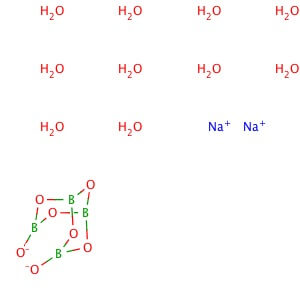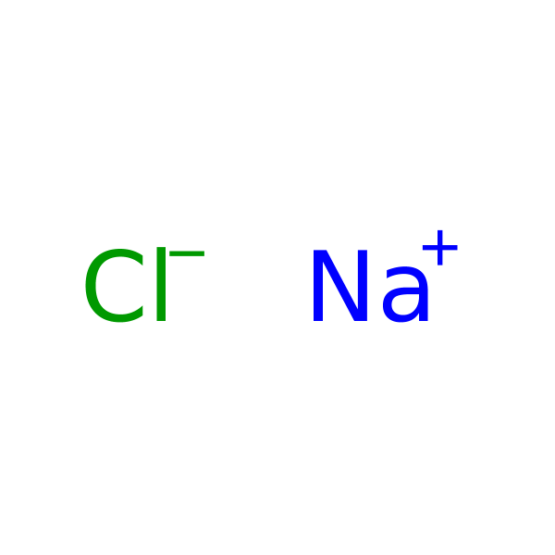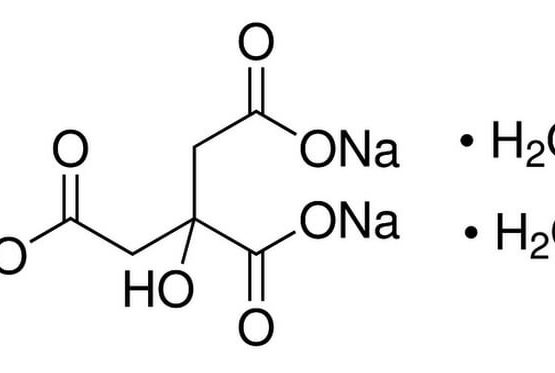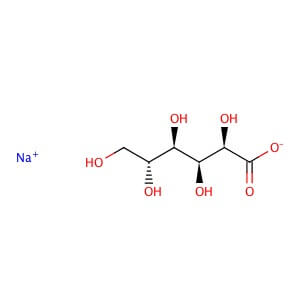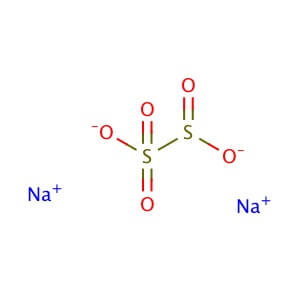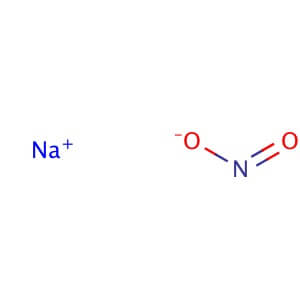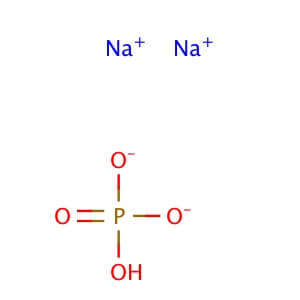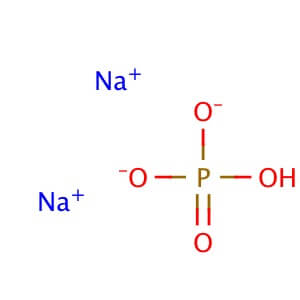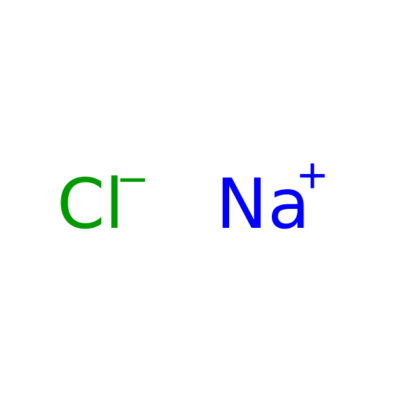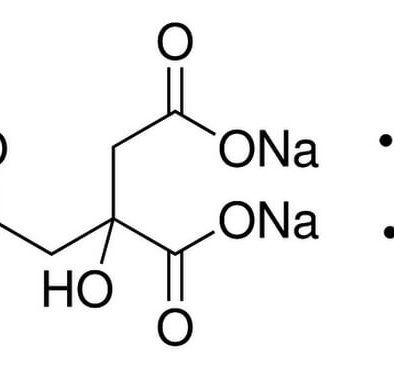Sodium Borate Decahydrate
CAS NO: 1303-96-4
MOLECULAR FORMULA : Na2B4O7 10H2O
MOLECULAR WEIGHT : 381.37
Alternate Names: Borax Purity: ≥99% Appearance : Powder Physical State : Solid Solubility : Soluble in water (38.1 g/l) at 20° C, glycerol (1 g/l, room temperature), and ethanol (slightly soluble). Insoluble in acids. pH : 9.2 at 10 g/l Storage : Store at room temperature Melting Point : 62° C Boiling Point : 320° C (loses H2O) Density : 1.73 g/mL at 25° C(lit.) Sodium Carbonate Anhydrous
CAS NO: 497-19-8
MOLECULAR FORMULA : CNa2O3
MOLECULAR WEIGHT : 105.99
Description Synonyms anhydrous soda Product Information Hill Formula CNa₂O₃ Chemical formula Na₂CO₃ Molar Mass 105.99 g/mol HS Code 2836 20 00 Quality Level MQ100 Applications Application Sodium carbonate anhydrous 99.999 Suprapur®. CAS No. 497-19-8, Physicochemical Information Boiling point 1600 °C (decomposition) Density 2.52 – 2.53 g/cm3 (20 °C) Melting Point 851 °C pH value 11.16 (4 g/l, H₂O, 25 °C) Bulk density 1100 kg/m3 Solubility 212.5 g/l Toxicological Information LD 50 oral LD50 Rat 4090 mg/kg Safety Information according to GHS Hazard Pictogram(s) Hazard Statement(s) H319: Causes serious eye irritation. Precautionary Statement(s) P264: Wash skin thoroughly after handling. P280: Wear eye protection/ face protection. P305 + P351 + P338: IF IN EYES: Rinse cautiously with water for several minutes. Remove contact lenses, if present and easy to do. Continue rinsing. P337 + P313: If eye irritation persists: Get medical advice/ attention. Signal Word Warning RTECS VZ4050000 Storage class 10 – 13 Other liquids and solids WGK WGK 1 slightly hazardous to water Disposal 14 Inorganic salts: Container I. Neutral solutions of the these salts: Container D. Before placing in Container D, check the pH with pH-Universal indicator strips (Item No. 109535). Safety Information Categories of danger irritant Storage and Shipping Information Storage Store at +2°C to +30°C. Specifications Purity (metallic) ≥ 99.999 % Assay (acidimetric) ≥ 99.5 % Chloride (Cl) ≤ 10 ppm Phosphate (PO₄) ≤ 0.05 ppm Silicate (SiO₂) ≤ 5 ppm Sulfate (SO₄) ≤ 10 ppm Al (Aluminium) ≤ 0.05 ppm As (Arsenic) ≤ 0.1 ppm Ba (Barium) ≤ 5.0 ppm Ca (Calcium) ≤ 0.10 ppm Cd (Cadmium) ≤ 0.005 ppm Ce (Cerium) ≤ 0.010 ppm Co (Cobalt) ≤ 0.005 ppm Cr (Chromium) ≤ 0.010 ppm Cu (Copper) ≤ 0.005 ppm Eu (Europium) ≤ 0.010 ppm Fe (Iron) ≤ 0.05 ppm Hg (Mercury) ≤ 0.05 ppm K (Potassium) ≤ 1.0 ppm La (Lanthanum) ≤ 0.010 ppm Li (Lithium) ≤ 0.5 ppm Mg (Magnesium) ≤ 0.10 ppm Mn (Manganese) ≤ 0.010 ppm Ni (Nickel) ≤ 0.020 ppm Pb (Lead) ≤ 0.010 ppm Sc (Scandium) ≤ 0.010 ppm Sm (Samarium) ≤ 0.010 ppm Sr (Strontium) ≤ 0.10 ppm Tl (Thallium) ≤ 0.01 ppm Y (Yttrium) ≤ 0.010 ppm Yb (Ytterbium) ≤ 0.010 ppm Zn (Zinc) ≤ 0.010 ppm Sodium Chloride
CAS NO: 7647-14-5
MOLECULAR FORMULA: NaCl
MOLECULAR WEIGHT: 58.44
Molecular Formula: NaCl Molecular Weight: 58.44 Alternate Names: Sodium Chloride is also known as table salt. Application: Sodium Chloride is used in biochemistry and molecular biology applications as a component of PBS and SSC buffers. Purity:≥98% Usage : If intended for use in cell culture applications, sterilization of the solution may be necessary. Pre-diluted buffer can be dispensed into aliquots and sterilized by autoclaving. Physical State : Solid Solubility : Soluble in water (358 mg/ml at 20° C), alcohol (very slightly), glycerol (100 mg/ml), and ammonia. Insoluble in hydrochloric acid. Storage : Store at room temperature Melting Point : 801° C (lit.) Boiling Point : 1413° C Density : 2.17 g/cm3 at 20° C Refractive Index : n20D 1.54 Ki Data : Astrosclerin-3: Ki= 460 µM (Astrosclera willeyana); CA I: Ki= 6 mM (human); CA II: Ki= 200 mM (human) Sodium Citrate Tribasic Dihydrate
CAS NO: 6132-04-3
Molecular Formula: C6H5O7•2H2O•3Na
Molecular Weight: 294.1Alternate Names: Citric acid trisodium salt dihydrate; Trisodium citrate dihydrate Application: Sodium Citrate Tribasic Dihydrate (Molecular Biology Grade) is for the preparation of total ribosomal RNA from E. coli CAS Number 6132-04-3 Purity: ≥99.5% Molecular Weight: 294.1 Molecular Formula: C6H5O7•2H2O•3Na Description Sodium Citrate Tribasic Dihydrate (Molecular Biology Grade) is a source of Citric acid, a key metabolic intermediate. Citrate is the starting point of the tricarboxylic acid cycle. Its concentration also coordinates several other metabolic pathways. Citric acid can form complexes with various cations, particularly with iron and calcium. In animals, citric acid improves the utilization of nutritional calcium. Usage : Preparation Instructions: One gram of sodium citrate dissolves in 1.3 ml of water at 25 °C and in 0.6 ml of boiling water. Poorly soluble in alcohol. pH: 7.5 – 9.0 (0.1 M in H2O, 25°C) Storage/Stability: Citrate buffers (pH 3-5) exhibit excellent stability at room temperature. Dilute solutions of citric acid (non-sterile) may ferment if left at room temperature. Non-sterile solutions should be stable for months stored at 2-8 °C. Appearance : Powder Physical State : Solid Solubility : Soluble in water (29.4 g/L at 20 °C). Insoluble in alcohol. Storage : Store at room temperature Melting Point : >300° C (lit.) Boiling Point : 309.6° C at 760 mmHg Density : 1.86 g/cm3 Refractive Index : n20D ~1.58 (Predicted) pK Values : pKa: pK1: 3.14, pK2: 4.76, pK3: 6.40 Sodium Gluconate
CAS NO: 527-07-1
MOLECULAR FORMULA : C6H11O7•Na
MOLECULAR WEIGHT: 218.14
SPECIALITY FINE CHEMICALS (AR / LR / ACR /GR / IP / BP / USP / FSSAI )Sodium Metabisulphite
CAS NO: 7681-57-4
MOLECULAR FORMULA : S2O5•2Na
MOLECULAR WEIGHT : 190.1
SPECIALITY FINE CHEMICALS (AR / LR / ACR /GR / IP / BP / USP / FSSAI )Sodium Nitrite
CAS NO : 7632-00-0
Molecular Formula: NaNO2
Molecular Weight: 69.00
Application: Sodium nitrite is a strong oxidizer but stable under ordinary conditions of use and storage Purity: ≥97% Supplemental Information: This is classified as a Dangerous Good for transport and may be subject to additional shipping charges. Description Sodium Nitrite is soluble in water and readily forms colorless hexagonal crystals. It is a strong oxidizer but stable under ordinary conditions of use and storage. Noncombustible but accelerates the burning of combustible materials. Technical Information Appearance : Crystalline or powder Physical State : Solid Solubility : Soluble in water (820 mg/ml at 20° C), methanol (4.5 mg/ml), ethanol (3 mg/ml), ether (slightly), and NH3 (very soluble). Storage : Store at room temperature Melting Point : 271° C (lit.) Boiling Point : 320° C Density : 2.17 g/cm3 at 20° C IC50 : HL-60: IC50 = 94 µM (human) Ki Data : Salmonella Typhimurium carbonic anhydrase : Ki= 320 µM Sodium Phosphate Dibasic Anhydrous
CAS NO : 7558-79-4
Molecular Formula:Na2HPO4
Molecular Weight: 141.96 g/mol
CAS No: 7558-79-4 MOLECULAR FORMULA: Na2HPO4 MOLECULAR WEIGHT: 141.98 Alternate Names: Sodium Phosphate, Dibasic is also known as Disodium phosphate. Application: Sodium Phosphate, Dibasic is reagent with high buffering capacity for molecular biology, biochemistry, and chromatography. Purity: ≥99% Description Sodium Phosphate, Dibasic is a reagent with very high buffering capacity. Sodium Phosphate, Dibasic is widely used in molecular biology, biochemistry and chromatography. Sodium Phosphate, Dibasic is highly hygroscopic and water soluble. Sodium Phosphate, Dibasic is especially useful in conjunction with Sodium Phosphate, Monobasic in the preparation of biological buffers. Sodium Phosphate, Dibasic can be used in many applications including the purification of antibodies. Additional forms available: Sodium phosphate dibasic heptahydrate Sodium phosphate dibasic dihydrate Sodium phosphate dibasic dodecahydrate Sodium phosphate dibasic solution Appearance : Powder Physical State : Solid Solubility : Soluble in water (118 mg/ml at 25° C). Insoluble in ethanol, alcohol, methanol, and n-octanol. Storage : Store at room temperature Melting Point : 240.00° C Density : 1.52 g/cm3 Ki Data : CA IV: Ki= 9.8 µM (human) pK Values : pKa: pK1: 2.15 in phosphoric acid (25 C), pK2: 6.82 in phosphoric acid (25 C), pK3: 12.38 in phosphoric acid (25 C) Sodium Phosphate Dibasic Dihydrate
CAS NO: 10028-24-7
Molecular Formula: Na2HPO4•2H2O
Molecular Weight: 177.99
Alternate Names: Disodium phosphate dihydrate;Disodium hydrogen phosphate dihydrate Application: Sodium phosphate dibasic dihydrate is a reagent with high buffering capacity Purity: ≥98% Description Sodium phosphate dibasic dihydrate is a reagent with very high buffering capacity widely used in molecular biology, biochemistry and chromatography. Sodium phosphate dibasic is highly hygroscopic and water soluble. Useful in conjunction with Sodium Phosphate, Monobasic in the preparation of biological buffers. Used in many applications including the purification of antibodies. Appearance : Crystalline and crystalline granules Physical State : Solid Storage : Store at room temperature
Showing 37–45 of 56 items

